Thesis Help: 95 Best Online Tools for Thesis Writing

Writing a thesis is like being sentenced to life and hard labor in libraries. Forget regular working hours or your natural right to sleep and rest. Only successful defense of your project will break you free.
- Word Processing and Taking Notes
- Knowledge Management
- Student Planners
- Bibliography Helpers
- Academic Research Tools
- Productivity Apps
- Vocabulary Builders
- Dictionaries
- Plagiarism Check
- Grammar and Style Check
The following free tools, however, provide a ray of hope. Draconian time management and supernatural self-organization can help you cope with your thesis faster. Optimize the process and enjoy the time you save.

📝 Word Processing and Taking Notes
Although you may be used to Microsoft Word, the following free alternatives can be of much help for thesis writing:
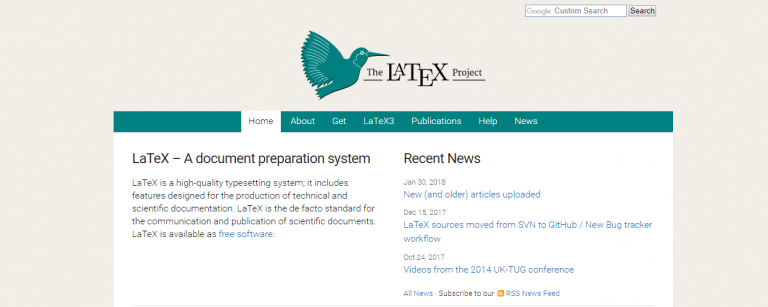
- LaTeX is a high-quality system equipped with special features for technical and scientific documentation. A great tool for thesis help due to its user-friendly interface and dozens of helpful features. For example, the tool automatically generates bibliographies and indexes.
- LyX is a free document processor that emphasizes the importance of document structure.
- Scrivener is a popular text-editing tool for Windows users. Use one of several templates to construct your document. There are also labeling options available during the working process.
- XMind is an easy-to-use text-editing and mind-mapping tool. Develop essay maps with this paper editor you can use on an iPhone or iPad for creating, editing, and storing your files.
- OpenOffice is free and intuitive editing software popular with students. Try this excellent writing tool you can easily use instead of Microsoft Word. It gives similar functions for typing, formatting, and revising.
- AbiWord is a free word processing program similar to Microsoft Word and suitable for a wide range of academic tasks.
- Jarte is a free word processor that is based on Windows WordPad and fully compatible with Windows Word.
- Google Docs is Google’s awesome service that allows you to create, format, store, and share documents online.
- ThinkFree is a free Java-based word processor that is fully compatible with Word.
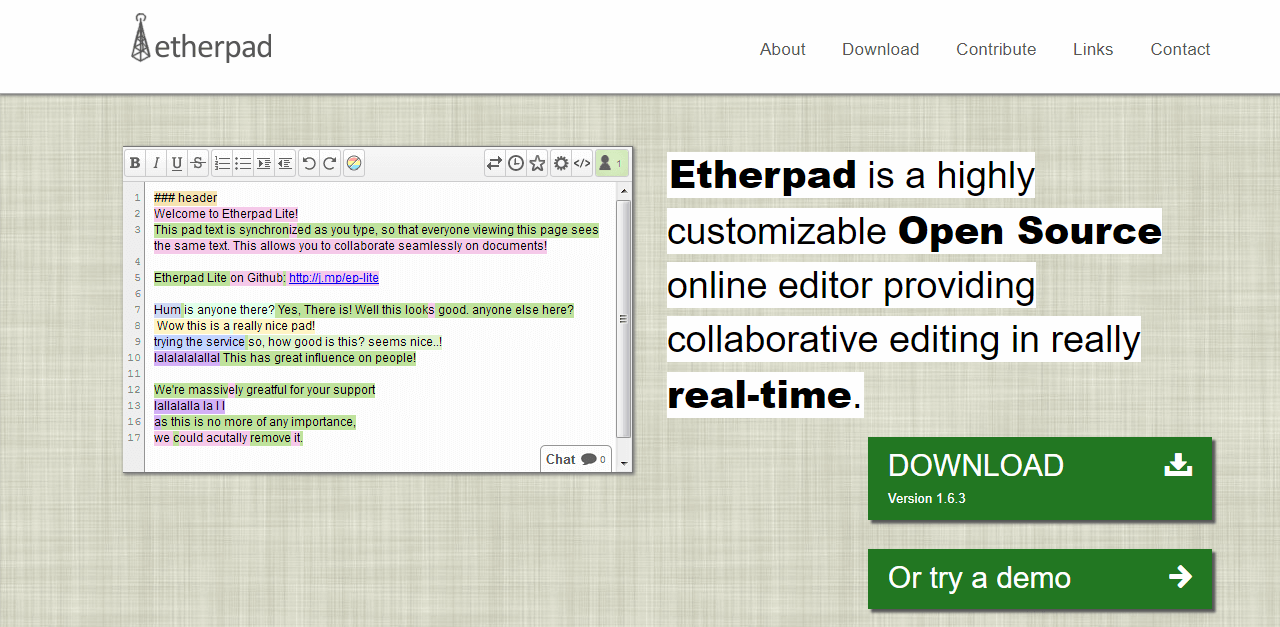
- Etherpad is an open source text editor that allows real-time collaborative editing online. You and your mentor can use this tool for online revision of your thesis.
🧠 Knowledge Management
Here’s the kicker:
While doing research for your dissertation, you will need to dig through an incredible amount of literature. Maybe even look at some free college essays examples.
To make your job easier without getting lost or wasting time, consider the following knowledge management tools — they are great for dissertation help.
- KeepNote is a particularly effective note-taking application that can help you use full-text search and store your findings and notes.
- TomBoy is a free and easy-to-use note-taking and mind-mapping application. When making an analysis of sources or gathering articles in one place, it’s easy to get lost in dozens of links. Tomboy allows you to store every link carefully and have access to them anytime from your desktop.
- TiddlyWiki is a knowledge management app with a number of helpful features of much help for your thesis.
- Mindnote is an effective mind-mapping tool that can help you organize your thoughts intuitively.
- Mendeley is a tool that allows you to create your own easily searchable library of your research findings and accessible from any device.
- VUE stands for Visual Understanding Environment. This tool can be used for structuring and sharing information.
- EyePlorer is a convenient tool for creating charts and mind maps online. You can just drag in your thesis statement’s keywords and get the results.
- Zotero is a valuable academic research and knowledge management tool that combines functionality of a citation maker and knowledge management.
- Endnote can help you find, save, and share the information you need. You can work on a document with your team, see the history of changes, and get your sources cited in one of 6,000 styles.
- Cam scanner is probably one of the easiest ways to save bibliographic information by simply “scanning” a resource with your phone or any other device.
⌚ Student Planners
In being preoccupied with your thesis, you may easily forget something. The following free tools will help you be better organized:
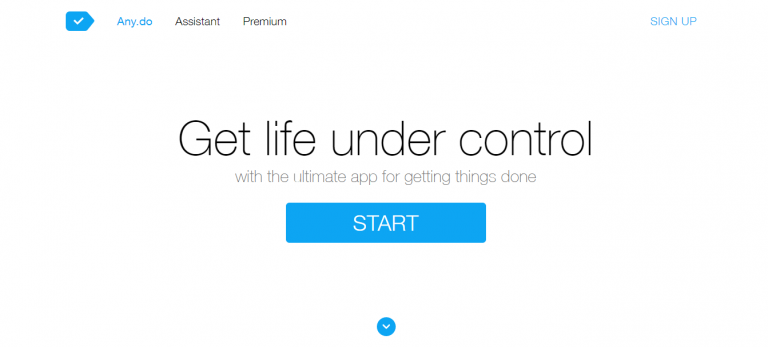
- Any do can synchronize your personal tasks and help you achieve maximum potential.
- Trello can help you see everything about your project in one place.
- Exam Countdown is a free and easy-to-use app to keep track of all your deadlines. Thesis development consists of many parts. Don’t miss any of them with this helpful and vivid tool.
- Wunderlist is a tool for ticking off all your personal and academic goals.
- Todoist is a free online task manager that will kindly remind you of approaching deadlines.
- Tomsplanner is an online chart to help you get things done.
- HabitRPG is a free productivity app that treats your life like an exciting game. Habitica is an RPG game that not only motivates you to start a thesis but also helps with everyday routines like cleaning your room or getting enough sleep.
- Todokyo is a simple way to create to-do lists online.
- Ta-da Lists will help you reach those amazing “ta-da” moments with all your daily and weekly tasks.
🙋 Bibliography Helpers
Collecting resources and formatting citations is important for your dissertation writing, but imagine letting free citation tools do that work for you! Make this academic dream come true with our past list of the top 25 free online best citation generators , or check out the following collection of free tools:
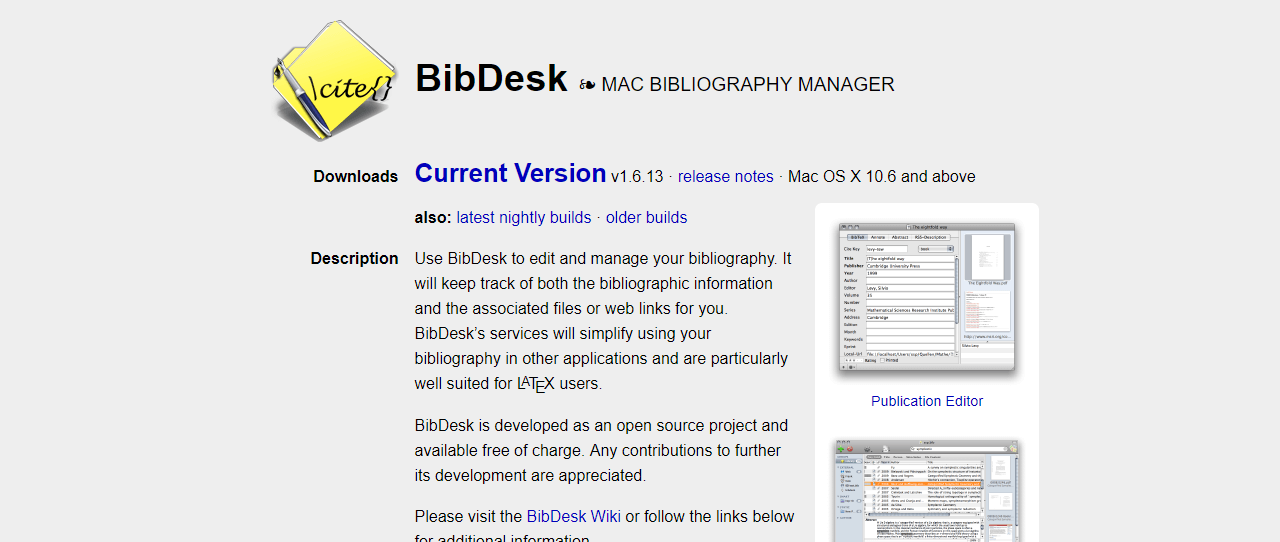
- BibDesk will help you edit and manage your bibliography. This tool can help you keep track of not only bibliographic information but also related links and files.
- BiblioExpress will help you find, manage, and edit bibliographic records.
- Docear is a free academic literature management suite that helps you discover, organize, and cite your resources.
- Recipes4Success is an open source bibliography maker that formats citations in MLA and APA. It works as a rewording generator—you fill in the fields, and the tool gives you a full sentence in one of the most popular citation styles.
- Ottobib is a free, easy, and fast bibliography maker that allows formatting citations using only ISBN. If you use ISBN for your referencing, you can save a lot of time.
- Citavi is a free reference management and knowledge organization tool that can help to not only create citations but also organize and highlight text.
- Cite This for Me is an open source and easy-to-use citation maker that is compatible with a wide range of citation styles.
- GoBiblio is a free online citation maker that generates citations in MLA and APA.
🔬 Academic Research Tools
One more thing you will appreciate is an academic full-text research environment free of commercial links:
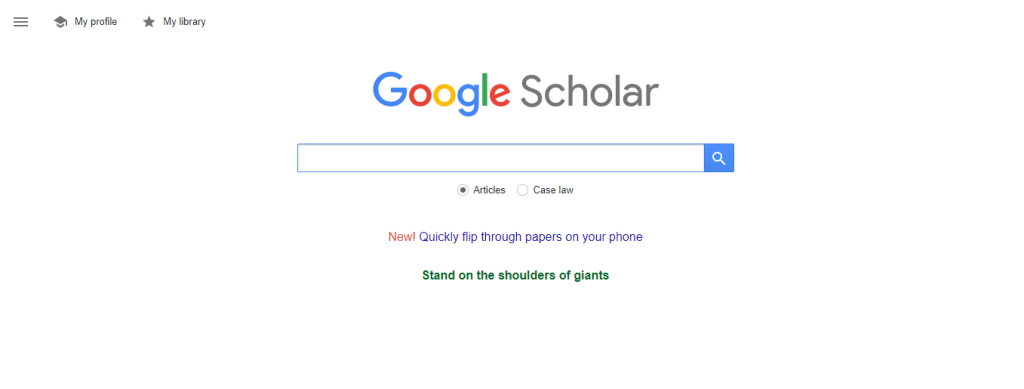
- Google Scholar is the place to start your online research that will help you with your thesis.
- ContentMine is a tool that extracts scientific facts from around a billion academic resources.
- Data Elixir is a twice-monthly digest of the latest scientific discoveries.
- Labii is a template-based electronic notebook. Keep all your data organized into categories like protocols, results, samples, and so on.
- LazyScholar is a free Chrome or Mozilla extension that will do an automatic full-text search and create fast citations.
- Scientific Journal Finder can help you access the latest and most relevant resources in your field.
- Scizzle is a fast and easy way to discover new papers on a topic of your choice.
- MyScienceWork is a platform for making your research papers visible to anyone on the web or getting access to research of others.
- Sparrho is a collection of scientific channels and an easily navigated search engine. It contains more than 60 million scientific articles, and the best universities in the world use it.
Working with sources and doing research may be rather exhausting.
Here’s the deal:
You have to work on your performance and productivity.
🏃♀️ Productivity Apps
Another important routine change that can save hours and days of your life is blocking or minimizing distractions:
- TimeDoctor is an easy to use time-tracking app that will prevent you from distractions and increase your productivity.
- Online timer by TimeCamp is a free and simple solution for measuring your work time divided by separate tasks.
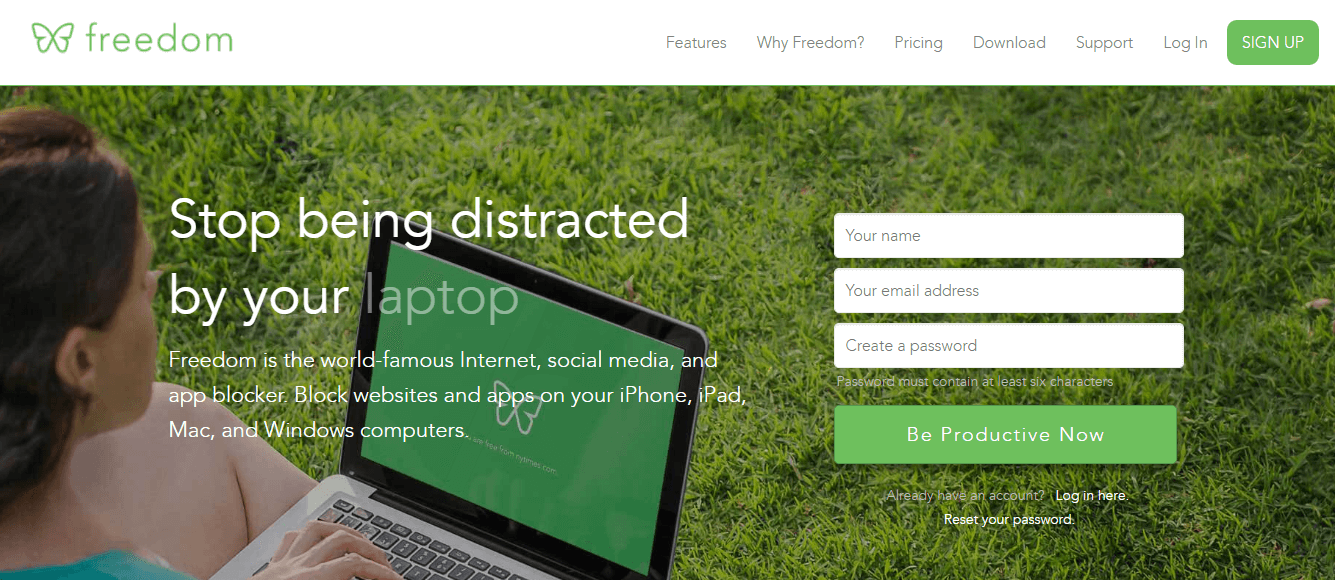
- Freedom can help you block the most distractions
- SelfControl is a Mac app that will help you avoid distracting websites. Just block social media or news feeds that interfere with your work.
- Write or Die is a web-based app designed to boost your productivity by reaching a target word count within a chosen time frame.
- Focus Time is a combination of an activity tracker and a Pomodoro timer.
- Rescue Time promises to help you block all distractions. Control the choice of blocked resources or use the default list.
- Leechblock NG is a Firefox add-on that can block time-wasting sites.
- StayFocusd politely questions if you shouldn’t be working and helps you achieve that.
- Write Monkey is software that can create a distraction-free interface for simply writing.
- Nirvana will help you prioritize your tasks and get the most important ones done on time.
- Tomato Timer is a minimalist timer that will help you work according to the well-known Pomodoro technique (working 25 minutes before taking a 5-minute break).
📖 Vocabulary Builders
By the time you finish your project, you can undoubtedly boast of having a rich and diverse academic vocabulary. You may want to boost your vocabulary even further with the following tools:
- IntensiveVocab is a free tool designed to help you improve your vocabulary, score higher on standardized tests, and thus improve your dissertation’s language.
- WhichWord is an iOS app designed to help you better understand the difference between frequently confused words.
- Just the Word is an online tool to help you better combine words in a sentence. You enter “just the word” into a search line and receive examples of how that word can be used and other students’ errors.
- Lexipedia is a tool that creates semantic differences for a word of your choice. This tool organizes the results in a mind map. It’s available in English, German, French, Spanish, Dutch, and Italian.
- Wordnik is a free tool that will give you several definitions for a word of your choice.
- Wordhippo is an easy and quick way to find synonyms and antonyms for a certain word. You can also find rhymes, scrabble options, words with specific letters, and so on.
- SAT Vocab by MindSnacks is a free app that can help you learn SAT vocabulary and formulate more difficult sentences by simply playing games.
- Vocabulary Builder from Magoosh is a free app to quickly boost your vocabulary.
- Visual Vocab SAT is a free but effective app for building your vocabulary.
📚 Dictionaries
This collection of sources will make you thesis writing process easy and professional.
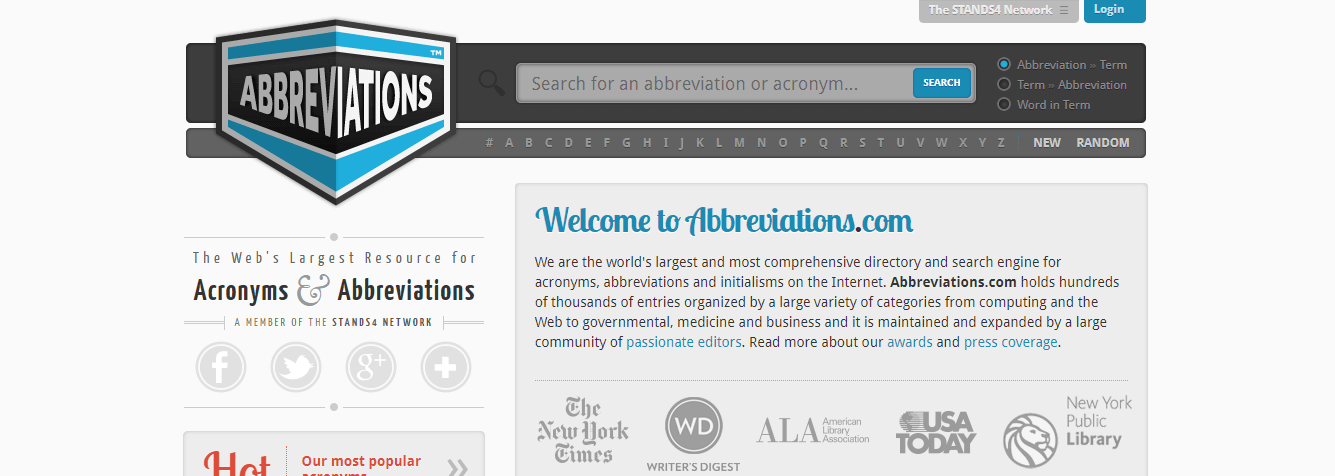
- Abbreviations is a huge directory of all abbreviations imaginable. It’s a vast library of acronyms and abbreviations in various fields like science, medicine, government, business, and more.
- Cambridge Dictionaries is a collection of free online English dictionaries and thesauruses including bilingual and semi-bilingual resources.
- Definitions is a multilingual dictionary that provides definitions from many reputable resources. It knows every word in many narrow fields like trees, dinosaurs, and ancient history.
- Macmillan Dictionary is an open source tool with activities and word lists to not only find the words you need but also learn them.
- Merriam Webster is a free dictionary with a variety of online quizzes and tests. It’s one of the most valuable online dictionaries.
- Thesaurus is an open source dictionary offering synonyms and definitions.
- Urban Dictionary is the go-to place for synonyms and definitions. This is the best place to search for slang words.
- Ozdic is a free online collocation dictionary. You can get a full analysis of a particular word you need to learn.
- YourDictionary provides simple definitions that anyone can understand.
✅ Plagiarism Check
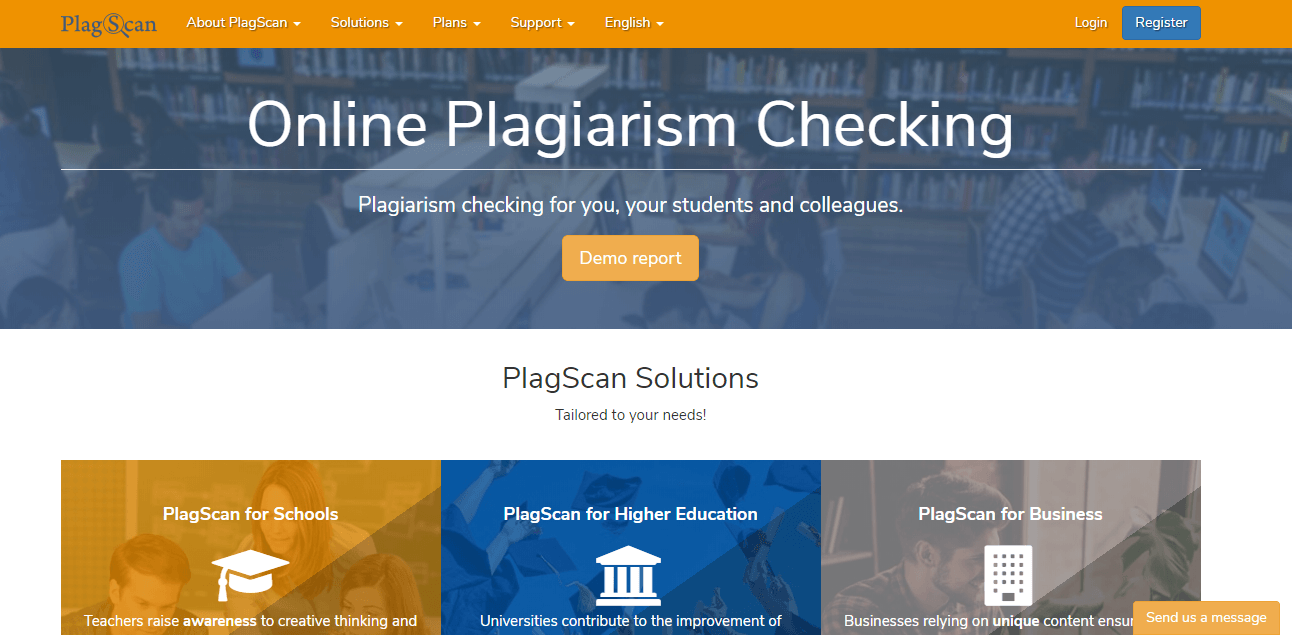
- PlagScan will compare your documents with billions of others.
- Article Checker is a free online plagiarism-checking tool that can search for copies of your text on the web.
- Duplichecker is a free plagiarism detection tool restricted to 1,000 words per search.
- PlagiarismCheck.org generates plagiarism reports and offers an unlimited number of free attempts.
- Plagium is a free, quick search that helps you detect instances of occasional plagiarism in your paper.
- Dustball is a free plagiarism detection tool that will easily find plagiarized parts in your text.
- ThePensters is free plagiarism-checking software for students and beyond. It analyzes the percentage of plagiarized text from web pages. Also, with the help of this tool, you can create a bibliography by ISBN code.
- PlagTracker is a convenient online plagiarism detection tool.
- Plagiarisma is another free online plagiarism checker. It supports about 200 languages, and you can switch between Google and Bing search engines when checking your documents.
- Copyscape will help you scan your thesis for any copies on the web.
✍️ Grammar and Style Check
Grammar and style checking of large amounts of text can last forever if you do it manually. The following free tools will make a world of difference for you:
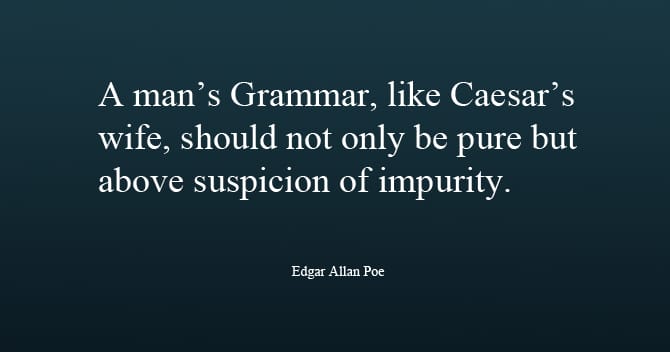
- Ginger is a quick and quality online grammar checker. This is a perfect tool to eliminate misspellings.
- Grammarly with its grammar, style, and plagiarism check is a must-have for students.
- AftertheDeadline is a spell, style, and grammar checker that promises intelligent editing.
- Spellchecker is a spell check solution with a 300-day free trial. Along with grammar mistakes, it shows misused words and syntax errors.
- Online Correction is a tool for detecting style, spelling, and grammar mistakes in writing.
- Spell Check Online is a website for quick spell check online.
- Paper Rater is a free tool that offers online proofreading and does not require download.
- Grammar Check.me is a way to check and correct style, grammar, and spelling of your text online.
- Language Tool is an open source tool for style and grammar check.
Would you like to add some tool to this list? Which free apps and websites help you with your thesis?
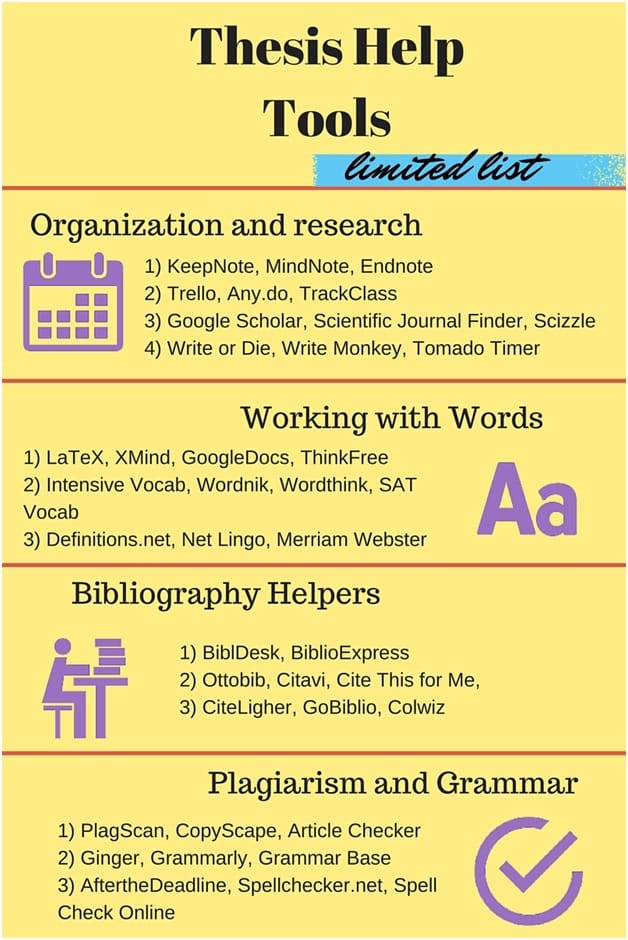
- Share via Facebook
- Share via Twitter
- Share via LinkedIn
- Share via email
I got 64 % similarity for my assignment. is it bad or good? if it’s bad please tell me how to fix it?
Thanks for these helpful Tools.
Thanks for the feedback! Much appreciated.
Wow good bro
Thanks for the feedback!
Thanks for the feedback, Abderrahmane!
Hi, I would like to ask you about the thesis for Diploma
Hello! Sure, please do not hesitate to ask our experts ivypanda.com .
I’m glad, your message via Twitter brought me here and I really found your blog so helpful. Cheers!
Thank you for your kind words! 🙂
Wow right time, thanks for such a great article. Helpful.
Melik, I’m glad the article was helpful to you 🙂
If you are going for ‘fancy stuff’ you might mention markdown, rmarkdown/knitr etc. This will replace latex imho.
And if you mention Latex you should mention Overleaf (an online version and a way to learn it).
Overall though, a very interesting list. Do you rate/rank these tools?
Thank you for the feedback, David!
OUTSTANDING!!!
Thank you for putting this together.
Thank you very much, Michele 🙂
Thanks regarding furnishing this kind of well put together content.
Thanks for your feedback, Mandila! Glad you liked it!
That’s an apt answer to an interesting question.
Thanks for stopping by. I hope these tools are really helpful to you. Good luck!
While Sandel argues that pursuing perfection through genetic engineering would decrease our sense of humility, he claims that the sense of solidarity we would lose is also important.
This thesis summarizes several points in Sandel’s argument, but it does not make a claim about how we should understand his argument. A reader who read Sandel’s argument would not also need to read an essay based on this descriptive thesis.
Broad thesis (arguable, but difficult to support with evidence)
Michael Sandel’s arguments about genetic engineering do not take into consideration all the relevant issues.
This is an arguable claim because it would be possible to argue against it by saying that Michael Sandel’s arguments do take all of the relevant issues into consideration. But the claim is too broad. Because the thesis does not specify which “issues” it is focused on—or why it matters if they are considered—readers won’t know what the rest of the essay will argue, and the writer won’t know what to focus on. If there is a particular issue that Sandel does not address, then a more specific version of the thesis would include that issue—hand an explanation of why it is important.
Arguable thesis with analytical claim
While Sandel argues persuasively that our instinct to “remake” (54) ourselves into something ever more perfect is a problem, his belief that we can always draw a line between what is medically necessary and what makes us simply “better than well” (51) is less convincing.
This is an arguable analytical claim. To argue for this claim, the essay writer will need to show how evidence from the article itself points to this interpretation. It’s also a reasonable scope for a thesis because it can be supported with evidence available in the text and is neither too broad nor too narrow.
Arguable thesis with normative claim
Given Sandel’s argument against genetic enhancement, we should not allow parents to decide on using Human Growth Hormone for their children.
This thesis tells us what we should do about a particular issue discussed in Sandel’s article, but it does not tell us how we should understand Sandel’s argument.
Questions to ask about your thesis
- Is the thesis truly arguable? Does it speak to a genuine dilemma in the source, or would most readers automatically agree with it?
- Is the thesis too obvious? Again, would most or all readers agree with it without needing to see your argument?
- Is the thesis complex enough to require a whole essay's worth of argument?
- Is the thesis supportable with evidence from the text rather than with generalizations or outside research?
- Would anyone want to read a paper in which this thesis was developed? That is, can you explain what this paper is adding to our understanding of a problem, question, or topic?
- picture_as_pdf Thesis
- Features for Creative Writers
- Features for Work
- Features for Higher Education
- Features for Teachers
- Features for Non-Native Speakers
- Learn Blog Grammar Guide Community Events FAQ
- Grammar Guide
Thesis Checker: Free Online Editor
Start typing, paste, or use
Get more suggestions to enhance this text and all your future writing
Your suggestions will show once you've entered some text.
Great job! We didn't find any suggestions in your text.
Works wherever you do
Get spelling, grammar, and style suggestions everywhere you write.
Why should you use an online thesis checker?
You’ve already done countless hours of research to write your thesis. You don’t want to spend countless hours correcting it, too.
You’ll sound professional
Wow your supervisors with how grammatically sound your writing is, how clear it is, and how well it flows.
You’ll save time
ProWritingAid’s thesis checker saves you hassle by acting as the first line of defense against pesky grammar issues.
You’ll become a better writer
Every time you run your thesis through ProWritingAid, you’ll see what your common mistakes are and how to fix them.
Professors and students love using ProWritingAid
Great tool for academic work. Easy to use and the reports and summary evaluation of your documents in several categories is very useful. So much more than spelling and grammar!

Debra Callender
If you’re an English teacher, you need to take a look at this tool—it reinforces what you’re teaching, highlights strengths and weaknesses, and makes it easier to personalize instruction.

Jennifer Gonzales
Only reason I managed to get an A in all my freshmen composition classes.

Chris Layton
Your first line of defense before submission
Save time on editing so you can focus on your research. ProWritingAid’s thesis checker helps you quickly and easily improve your grammar and style.
Academic writing made easier
Stop stressing over your first draft. Now you can improve any sentence in just a few clicks. Shorten sentences , correct informal language, expand your sentence variety, and add transitions.
Catch every easy-to-miss mistake
Typos and grammar errors can slip into anyone’s work. ProWritingAid’s AI-powered thesis checker can catch and fix even the trickiest issues so your ideas can shine.

In-depth analysis whenever you need it
Sure, that email might only need a cursory check. But a 100-page thesis needs more comprehensive reviews. Use our structure analysis , complex paragraph alerts , and transitions report to improve your work.
Write clearly, concisely, and accurately
Strike the right balance between clarity and academic rigor with analytical language goals and power verb suggestions . You can ensure your work is professional without sacrificing readability.

Get access to a library of expert resources
With ProWritingAid, you get more than just an app—you get the tools to become a better writer. Our in-app learning tool comes packed with helpful explanations for every suggestion.
Want more? Join our community or read our blog for advice from our resident experts on how to become a better writer.

ProWritingAid’s Thesis Checker FAQs
1. how do i use the online thesis checker.
Sign up for free, upload your thesis, and run any of ProWritingAid’s 20+ reports. You’ll see a number of suggestions that you can either accept or reject.
2. Does the essay checker work with British English and American English?
The thesis checker works with British English, American English, Australian English, and Canadian English. Just choose the one you’d like to use, and ProWritingAid will tailor its suggestions to match.
3. Is using a thesis checker cheating?
Not at all. The thesis checker won’t ever write the thesis for you. It will only point out possible edits and advise you on changes you need to make. You have full autonomy and can decide which changes to accept.
4. Is there a student discount?
Students who have an eligible student email address can get 20% off ProWritingAid Premium. Email [email protected] from your student email address to access your discount.
5. Can ProWritingAid check my thesis for free?
Absolutely. ProWritingAid offers a free membership to everyone, always, and you can edit up to 500 words at a time. If you need to edit more work, you can upgrade to Premium at any time.
6. Does ProWritingAid have a plagiarism checker?
Yes! ProWritingAid’s plagiarism checker will check your work against over a billion web-pages, published works, and academic papers, so you can be sure of its originality. Find out more about pricing for plagiarism checks here .
Submit your thesis with confidence
Drop us a line or let's stay in touch via :
Purdue Online Writing Lab Purdue OWL® College of Liberal Arts
Thesis and Dissertation: Getting Started

Welcome to the Purdue OWL
This page is brought to you by the OWL at Purdue University. When printing this page, you must include the entire legal notice.
Copyright ©1995-2018 by The Writing Lab & The OWL at Purdue and Purdue University. All rights reserved. This material may not be published, reproduced, broadcast, rewritten, or redistributed without permission. Use of this site constitutes acceptance of our terms and conditions of fair use.
The resources in this section are designed to provide guidance for the first steps of the thesis or dissertation writing process. They offer tools to support the planning and managing of your project, including writing out your weekly schedule, outlining your goals, and organzing the various working elements of your project.
Weekly Goals Sheet (a.k.a. Life Map) [Word Doc]
This editable handout provides a place for you to fill in available time blocks on a weekly chart that will help you visualize the amount of time you have available to write. By using this chart, you will be able to work your writing goals into your schedule and put these goals into perspective with your day-to-day plans and responsibilities each week. This handout also contains a formula to help you determine the minimum number of pages you would need to write per day in order to complete your writing on time.
Setting a Production Schedule (Word Doc)
This editable handout can help you make sense of the various steps involved in the production of your thesis or dissertation and determine how long each step might take. A large part of this process involves (1) seeking out the most accurate and up-to-date information regarding specific document formatting requirements, (2) understanding research protocol limitations, (3) making note of deadlines, and (4) understanding your personal writing habits.
Creating a Roadmap (PDF)
Part of organizing your writing involves having a clear sense of how the different working parts relate to one another. Creating a roadmap for your dissertation early on can help you determine what the final document will include and how all the pieces are connected. This resource offers guidance on several approaches to creating a roadmap, including creating lists, maps, nut-shells, visuals, and different methods for outlining. It is important to remember that you can create more than one roadmap (or more than one type of roadmap) depending on how the different approaches discussed here meet your needs.

Thesis Statements
What this handout is about.
This handout describes what a thesis statement is, how thesis statements work in your writing, and how you can craft or refine one for your draft.
Introduction
Writing in college often takes the form of persuasion—convincing others that you have an interesting, logical point of view on the subject you are studying. Persuasion is a skill you practice regularly in your daily life. You persuade your roommate to clean up, your parents to let you borrow the car, your friend to vote for your favorite candidate or policy. In college, course assignments often ask you to make a persuasive case in writing. You are asked to convince your reader of your point of view. This form of persuasion, often called academic argument, follows a predictable pattern in writing. After a brief introduction of your topic, you state your point of view on the topic directly and often in one sentence. This sentence is the thesis statement, and it serves as a summary of the argument you’ll make in the rest of your paper.
What is a thesis statement?
A thesis statement:
- tells the reader how you will interpret the significance of the subject matter under discussion.
- is a road map for the paper; in other words, it tells the reader what to expect from the rest of the paper.
- directly answers the question asked of you. A thesis is an interpretation of a question or subject, not the subject itself. The subject, or topic, of an essay might be World War II or Moby Dick; a thesis must then offer a way to understand the war or the novel.
- makes a claim that others might dispute.
- is usually a single sentence near the beginning of your paper (most often, at the end of the first paragraph) that presents your argument to the reader. The rest of the paper, the body of the essay, gathers and organizes evidence that will persuade the reader of the logic of your interpretation.
If your assignment asks you to take a position or develop a claim about a subject, you may need to convey that position or claim in a thesis statement near the beginning of your draft. The assignment may not explicitly state that you need a thesis statement because your instructor may assume you will include one. When in doubt, ask your instructor if the assignment requires a thesis statement. When an assignment asks you to analyze, to interpret, to compare and contrast, to demonstrate cause and effect, or to take a stand on an issue, it is likely that you are being asked to develop a thesis and to support it persuasively. (Check out our handout on understanding assignments for more information.)
How do I create a thesis?
A thesis is the result of a lengthy thinking process. Formulating a thesis is not the first thing you do after reading an essay assignment. Before you develop an argument on any topic, you have to collect and organize evidence, look for possible relationships between known facts (such as surprising contrasts or similarities), and think about the significance of these relationships. Once you do this thinking, you will probably have a “working thesis” that presents a basic or main idea and an argument that you think you can support with evidence. Both the argument and your thesis are likely to need adjustment along the way.
Writers use all kinds of techniques to stimulate their thinking and to help them clarify relationships or comprehend the broader significance of a topic and arrive at a thesis statement. For more ideas on how to get started, see our handout on brainstorming .
How do I know if my thesis is strong?
If there’s time, run it by your instructor or make an appointment at the Writing Center to get some feedback. Even if you do not have time to get advice elsewhere, you can do some thesis evaluation of your own. When reviewing your first draft and its working thesis, ask yourself the following :
- Do I answer the question? Re-reading the question prompt after constructing a working thesis can help you fix an argument that misses the focus of the question. If the prompt isn’t phrased as a question, try to rephrase it. For example, “Discuss the effect of X on Y” can be rephrased as “What is the effect of X on Y?”
- Have I taken a position that others might challenge or oppose? If your thesis simply states facts that no one would, or even could, disagree with, it’s possible that you are simply providing a summary, rather than making an argument.
- Is my thesis statement specific enough? Thesis statements that are too vague often do not have a strong argument. If your thesis contains words like “good” or “successful,” see if you could be more specific: why is something “good”; what specifically makes something “successful”?
- Does my thesis pass the “So what?” test? If a reader’s first response is likely to be “So what?” then you need to clarify, to forge a relationship, or to connect to a larger issue.
- Does my essay support my thesis specifically and without wandering? If your thesis and the body of your essay do not seem to go together, one of them has to change. It’s okay to change your working thesis to reflect things you have figured out in the course of writing your paper. Remember, always reassess and revise your writing as necessary.
- Does my thesis pass the “how and why?” test? If a reader’s first response is “how?” or “why?” your thesis may be too open-ended and lack guidance for the reader. See what you can add to give the reader a better take on your position right from the beginning.
Suppose you are taking a course on contemporary communication, and the instructor hands out the following essay assignment: “Discuss the impact of social media on public awareness.” Looking back at your notes, you might start with this working thesis:
Social media impacts public awareness in both positive and negative ways.
You can use the questions above to help you revise this general statement into a stronger thesis.
- Do I answer the question? You can analyze this if you rephrase “discuss the impact” as “what is the impact?” This way, you can see that you’ve answered the question only very generally with the vague “positive and negative ways.”
- Have I taken a position that others might challenge or oppose? Not likely. Only people who maintain that social media has a solely positive or solely negative impact could disagree.
- Is my thesis statement specific enough? No. What are the positive effects? What are the negative effects?
- Does my thesis pass the “how and why?” test? No. Why are they positive? How are they positive? What are their causes? Why are they negative? How are they negative? What are their causes?
- Does my thesis pass the “So what?” test? No. Why should anyone care about the positive and/or negative impact of social media?
After thinking about your answers to these questions, you decide to focus on the one impact you feel strongly about and have strong evidence for:
Because not every voice on social media is reliable, people have become much more critical consumers of information, and thus, more informed voters.
This version is a much stronger thesis! It answers the question, takes a specific position that others can challenge, and it gives a sense of why it matters.
Let’s try another. Suppose your literature professor hands out the following assignment in a class on the American novel: Write an analysis of some aspect of Mark Twain’s novel Huckleberry Finn. “This will be easy,” you think. “I loved Huckleberry Finn!” You grab a pad of paper and write:
Mark Twain’s Huckleberry Finn is a great American novel.
You begin to analyze your thesis:
- Do I answer the question? No. The prompt asks you to analyze some aspect of the novel. Your working thesis is a statement of general appreciation for the entire novel.
Think about aspects of the novel that are important to its structure or meaning—for example, the role of storytelling, the contrasting scenes between the shore and the river, or the relationships between adults and children. Now you write:
In Huckleberry Finn, Mark Twain develops a contrast between life on the river and life on the shore.
- Do I answer the question? Yes!
- Have I taken a position that others might challenge or oppose? Not really. This contrast is well-known and accepted.
- Is my thesis statement specific enough? It’s getting there–you have highlighted an important aspect of the novel for investigation. However, it’s still not clear what your analysis will reveal.
- Does my thesis pass the “how and why?” test? Not yet. Compare scenes from the book and see what you discover. Free write, make lists, jot down Huck’s actions and reactions and anything else that seems interesting.
- Does my thesis pass the “So what?” test? What’s the point of this contrast? What does it signify?”
After examining the evidence and considering your own insights, you write:
Through its contrasting river and shore scenes, Twain’s Huckleberry Finn suggests that to find the true expression of American democratic ideals, one must leave “civilized” society and go back to nature.
This final thesis statement presents an interpretation of a literary work based on an analysis of its content. Of course, for the essay itself to be successful, you must now present evidence from the novel that will convince the reader of your interpretation.
Works consulted
We consulted these works while writing this handout. This is not a comprehensive list of resources on the handout’s topic, and we encourage you to do your own research to find additional publications. Please do not use this list as a model for the format of your own reference list, as it may not match the citation style you are using. For guidance on formatting citations, please see the UNC Libraries citation tutorial . We revise these tips periodically and welcome feedback.
Anson, Chris M., and Robert A. Schwegler. 2010. The Longman Handbook for Writers and Readers , 6th ed. New York: Longman.
Lunsford, Andrea A. 2015. The St. Martin’s Handbook , 8th ed. Boston: Bedford/St Martin’s.
Ramage, John D., John C. Bean, and June Johnson. 2018. The Allyn & Bacon Guide to Writing , 8th ed. New York: Pearson.
Ruszkiewicz, John J., Christy Friend, Daniel Seward, and Maxine Hairston. 2010. The Scott, Foresman Handbook for Writers , 9th ed. Boston: Pearson Education.
You may reproduce it for non-commercial use if you use the entire handout and attribute the source: The Writing Center, University of North Carolina at Chapel Hill
Make a Gift
Open Access Theses and Dissertations
Thursday, April 18, 8:20am (EDT): Searching is temporarily offline. We apologize for the inconvenience and are working to bring searching back up as quickly as possible.
Advanced research and scholarship. Theses and dissertations, free to find, free to use.
Advanced search options
Browse by author name (“Author name starts with…”).
Find ETDs with:
Written in any language English Portuguese French German Spanish Swedish Lithuanian Dutch Italian Chinese Finnish Greek Published in any country US or Canada Argentina Australia Austria Belgium Bolivia Brazil Canada Chile China Colombia Czech Republic Denmark Estonia Finland France Germany Greece Hong Kong Hungary Iceland India Indonesia Ireland Italy Japan Latvia Lithuania Malaysia Mexico Netherlands New Zealand Norway Peru Portugal Russia Singapore South Africa South Korea Spain Sweden Switzerland Taiwan Thailand UK US Earliest date Latest date
Sorted by Relevance Author University Date
Only ETDs with Creative Commons licenses
Results per page: 30 60 100
October 3, 2022. OATD is dealing with a number of misbehaved crawlers and robots, and is currently taking some steps to minimize their impact on the system. This may require you to click through some security screen. Our apologies for any inconvenience.
Recent Additions
See all of this week’s new additions.
About OATD.org
OATD.org aims to be the best possible resource for finding open access graduate theses and dissertations published around the world. Metadata (information about the theses) comes from over 1100 colleges, universities, and research institutions . OATD currently indexes 6,957,335 theses and dissertations.
About OATD (our FAQ) .
Visual OATD.org
We’re happy to present several data visualizations to give an overall sense of the OATD.org collection by county of publication, language, and field of study.
You may also want to consult these sites to search for other theses:
- Google Scholar
- NDLTD , the Networked Digital Library of Theses and Dissertations. NDLTD provides information and a search engine for electronic theses and dissertations (ETDs), whether they are open access or not.
- Proquest Theses and Dissertations (PQDT), a database of dissertations and theses, whether they were published electronically or in print, and mostly available for purchase. Access to PQDT may be limited; consult your local library for access information.
How to Craft Your Ideal Thesis Research Topic
.webp)
Table of contents

Catherine Miller
Writing your undergraduate thesis is probably one of the most interesting parts of studying, especially because you get to choose your area of study. But as both a student and a teacher who’s helped countless students develop their research topics, I know this freedom can be just as intimidating as it is liberating.
Fortunately, there’a a step-by-step process you can follow that will help make the whole process a lot easier. In this article, I’ll show you how to choose a unique, specific thesis topic that’s true to your passions and interests, while making a contribution to your field.
.webp)
Choose a topic that you’re interested in
First things first: double-check with your teachers or supervisor if there are any constraints on your research topic. Once your parameters are clear, it’s time to identify what lights you up — after all, you’re going to be spending a lot of time thinking about it.
Within your field of study, you probably already have some topics that have grabbed your attention more than others. This can be a great place to start. Additionally, consider using the rest of your academic and extra-curricular interests as a source of ideas. At this stage, you only need a broad topic before you narrow it down to a specific question.
If you’re feeling stuck, here are some things to try:
- Look back through old course notes to remind yourself of topics you previously covered. Do any of these inspire you?
- Talk to potential supervisors about your ideas, as they can point you toward areas you might not have considered.
- Think about the things you enjoy in everyday life — whether that’s cycling, cinema, cooking, or fashion — then consider if there are any overlaps with your field of study.
- Imagine you have been asked to give a presentation or record a podcast in the next three days. What topics would you feel confident discussing?
- Watch a selection of existing lectures or explainer videos, or listen to podcasts by experts in your field. Note which topics you feel curious to explore further.
- Discuss your field of study with teachers friends and family, some with existing knowledge and some without. Which aspects do you enjoy talking about?
By doing all this, you might uncover some unusual and exciting avenues for research. For example, when writing my Master’s dissertation, I decided to combine my field of study (English teaching methodology) with one of my passions outside work (creative writing). In my undergraduate course, a friend drew on her lived experience of disability to look into the literary portrayal of disability in the ancient world.

Do your research
Once you’ve chosen your topic of interest, it’s time to dive into research. This is a really important part of this early process because it allows you to:
- See what other people have written about the topic — you don’t want to cover the same old ground as everyone else.
- Gain perspective on the big questions surrounding the topic.
- Go deeper into the parts that interest you to help you decide where to focus.
- Start building your bibliography and a bank of interesting quotations.
A great way to start is to visit your library for an introductory book. For example, the “A Very Short Introduction” series from the Oxford University Press provides overviews of a range of themes. Similar types of overviews may have the title “ A Companion to [Subject]” or “[Subject] A Student Companion”. Ask your librarian or teacher if you’re not sure where to begin.
Your introductory volume can spark ideas for further research, and the bibliography can give you some pointers about where to go next. You can also use keywords to research online via academic sites like JStor or Google Scholar. Check which subscriptions are available via your institution.
At this stage, you may not wish to read every single paper you come across in full — this could take a very long time and not everything will be relevant. Summarizing software like Wordtune could be very useful here.
Just upload a PDF or link to an online article using Wordtune, and it will produce a summary of the whole paper with a list of key points. This helps you to quickly sift through papers to grasp their central ideas and identify which ones to read in full.

Get Wordtune for free > Get Wordtune for free >
You can also use Wordtune for semantic search. In this case, the tool focuses its summary around your chosen search term, making it even easier to get what you need from the paper.

As you go, make sure you keep organized notes of what you’ve read, including the author and publication information and the page number of any citations you want to use.
Some people are happy to do this process with pen and paper, but if you prefer a digital method, there are several software options, including Zotero , EndNote , and Mendeley . Your institution may have an existing subscription so check before you sign up.
Narrowing down your thesis research topic
Now you’ve read around the topic, it’s time to narrow down your ideas so you can craft your final question. For example, when it came to my undergraduate thesis, I knew I wanted to write about Ancient Greek religion and I was interested in the topic of goddesses. So, I:
- Did some wide reading around the topic of goddesses
- Learned that the goddess Hera was not as well researched as others and that there were some fascinating aspects I wanted to explore
- Decided (with my supervisor’s support) to focus on her temples in the Argive region of Greece

As part of this process, it can be helpful to consider the “5 Ws”: why, what, who, when, and where, as you move from the bigger picture to something more precise.
Why did you choose this research topic?
Come back to the reasons you originally chose your theme. What grabbed you? Why is this topic important to you — or to the wider world? In my example, I knew I wanted to write about goddesses because, as a woman, I was interested in how a society in which female lives were often highly controlled dealt with having powerful female deities. My research highlighted Hera as one of the most powerful goddesses, tying into my key interest.
What are some of the big questions about your topic?
During your research, you’ll probably run into the same themes time and time again. Some of the questions that arise may not have been answered yet or might benefit from a fresh look.
Equally, there may be questions that haven’t yet been asked, especially if you are approaching the topic from a modern perspective or combining research that hasn’t been considered before. This might include taking a post-colonial, feminist, or queer approach to older texts or bringing in research using new scientific methods.
In my example, I knew there were still controversies about why so many temples to the goddess Hera were built in a certain region, and was keen to explore these further.
Who is the research topic relevant to?
Considering the “who” might help you open up new avenues. Is there a particular audience you want to reach? What might they be interested in? Is this a new audience for this field? Are there people out there who might be affected by the outcome of this research — for example, people with a particular medical condition — who might be able to use your conclusions?
Which period will you focus on?
Depending on the nature of your field, you might be able to choose a timeframe, which can help narrow the topic down. For example, you might focus on historical events that took place over a handful of years, look at the impact of a work of literature at a certain point after its publication, or review scientific progress over the last five years.
With my thesis, I decided to focus on the time when the temples were built rather than considering the hundreds of years for which they have existed, which would have taken me far too long.
Where does your topic relate to?
Place can be another means of narrowing down the topic. For example, consider the impact of your topic on a particular neighborhood, city, or country, rather than trying to process a global question.
In my example, I chose to focus my research on one area of Greece, where there were lots of temples to Hera. This meant skipping other important locations, but including these would have made the thesis too wide-ranging.
Create an outline and get feedback
Once you have an idea of what you are going to write about, create an outline or summary and get feedback from your teacher(s). It’s okay if you don’t know exactly how you’re going to answer your thesis question yet, but based on your research you should have a rough plan of the key points you want to cover. So, for me, the outline was as follows:
- Context: who was the goddess Hera?
- Overview of her sanctuaries in the Argive region
- Their initial development
- Political and cultural influences
- The importance of the mythical past
In the final thesis, I took a strong view on why the goddess was so important in this region, but it took more research, writing, and discussion with my supervisor to pin down my argument.
To choose a thesis research topic, find something you’re passionate about, research widely to get the big picture, and then move to a more focused view. Bringing a fresh perspective to a popular theme, finding an underserved audience who could benefit from your research, or answering a controversial question can make your thesis stand out from the crowd.
For tips on how to start writing your thesis, don’t miss our advice on writing a great research abstract and a stellar literature review . And don’t forget that Wordtune can also support you with proofreading, making it even easier to submit a polished thesis.
How do you come up with a research topic for a thesis?
To help you find a thesis topic, speak to your professor, look through your old course notes, think about what you already enjoy in everyday life, talk about your field of study with friends and family, and research podcasts and videos to find a topic that is interesting for you. It’s a good idea to refine your topic so that it’s not too general or broad.
Do you choose your own thesis topic?
Yes, you usually choose your own thesis topic. You can get help from your professor(s), friends, and family to figure out which research topic is interesting to you.
Share This Article:

How to Craft an Engaging Elevator Pitch that Gets Results
.webp)
Eight Steps to Craft an Irresistible LinkedIn Profile
.webp)
7 Common Errors in Writing + How to Fix Them (With Examples)
Looking for fresh content, thank you your submission has been received.
Your Best College Essay
Maybe you love to write, or maybe you don’t. Either way, there’s a chance that the thought of writing your college essay is making you sweat. No need for nerves! We’re here to give you the important details on how to make the process as anxiety-free as possible.

What's the College Essay?
When we say “The College Essay” (capitalization for emphasis – say it out loud with the capitals and you’ll know what we mean) we’re talking about the 550-650 word essay required by most colleges and universities. Prompts for this essay can be found on the college’s website, the Common Application, or the Coalition Application. We’re not talking about the many smaller supplemental essays you might need to write in order to apply to college. Not all institutions require the essay, but most colleges and universities that are at least semi-selective do.
How do I get started?
Look for the prompts on whatever application you’re using to apply to schools (almost all of the time – with a few notable exceptions – this is the Common Application). If one of them calls out to you, awesome! You can jump right in and start to brainstorm. If none of them are giving you the right vibes, don’t worry. They’re so broad that almost anything you write can fit into one of the prompts after you’re done. Working backwards like this is totally fine and can be really useful!
What if I have writer's block?
You aren’t alone. Staring at a blank Google Doc and thinking about how this is the one chance to tell an admissions officer your story can make you freeze. Thinking about some of these questions might help you find the right topic:
- What is something about you that people have pointed out as distinctive?
- If you had to pick three words to describe yourself, what would they be? What are things you’ve done that demonstrate these qualities?
- What’s something about you that has changed over your years in high school? How or why did it change?
- What’s something you like most about yourself?
- What’s something you love so much that you lose track of the rest of the world while you do it?
If you’re still stuck on a topic, ask your family members, friends, or other trusted adults: what’s something they always think about when they think about you? What’s something they think you should be proud of? They might help you find something about yourself that you wouldn’t have surfaced on your own.
How do I grab my reader's attention?
It’s no secret that admissions officers are reading dozens – and sometimes hundreds – of essays every day. That can feel like a lot of pressure to stand out. But if you try to write the most unique essay in the world, it might end up seeming forced if it’s not genuinely you. So, what’s there to do? Our advice: start your essay with a story. Tell the reader about something you’ve done, complete with sensory details, and maybe even dialogue. Then, in the second paragraph, back up and tell us why this story is important and what it tells them about you and the theme of the essay.
THE WORD LIMIT IS SO LIMITING. HOW DO I TELL A COLLEGE MY WHOLE LIFE STORY IN 650 WORDS?
Don’t! Don’t try to tell an admissions officer about everything you’ve loved and done since you were a child. Instead, pick one or two things about yourself that you’re hoping to get across and stick to those. They’ll see the rest on the activities section of your application.
I'M STUCK ON THE CONCLUSION. HELP?
If you can’t think of another way to end the essay, talk about how the qualities you’ve discussed in your essays have prepared you for college. Try to wrap up with a sentence that refers back to the story you told in your first paragraph, if you took that route.
SHOULD I PROOFREAD MY ESSAY?
YES, proofread the essay, and have a trusted adult proofread it as well. Know that any suggestions they give you are coming from a good place, but make sure they aren’t writing your essay for you or putting it into their own voice. Admissions officers want to hear the voice of you, the applicant. Before you submit your essay anywhere, our number one advice is to read it out loud to yourself. When you read out loud you’ll catch small errors you may not have noticed before, and hear sentences that aren’t quite right.
ANY OTHER ADVICE?
Be yourself. If you’re not a naturally serious person, don’t force formality. If you’re the comedian in your friend group, go ahead and be funny. But ultimately, write as your authentic (and grammatically correct) self and trust the process.
And remember, thousands of other students your age are faced with this same essay writing task, right now. You can do it!
Dissertation Help You Can Trust
What type of support would you like?
Get 1:1 help from a friendly Grad Coach throughout your research project.
Join one of our popular short courses to kickstart your research journey.

Dissertation support you can trust .

10 Million+
Students that have engaged in our online lessons
Students we’ve worked with 1-on-1 ( private coaching )
Years worth of combined experience on the coaching team
Average review score across Trustpilot and Facebook
1:1 Dissertation & Thesis Coaching
Get your own dedicated coach to provide you with plain-language, actionable advice, direction and feedback, every step of the way.
Enjoy hands-on dissertation help from start to finish – from developing a strong research topic and research proposal to crafting a comprehensive literature review and producing an A-grade analysis .

Time-Saver Services
Focus your energy on analysis and writing while we take care of the non-core and administrative aspects of the research process.
We can handle a variety of tasks, including language editing and proofreading , transcription , qualitative data coding and statistical testing , allowing you to spend time on the things that matter .
Fast-Track Courses
If you’re on a tight budget, our top-rated short courses are a great way to kickstart your research journey without breaking the bank .
Concise enough to conquer in a weekend, our “Bootcamp” courses are the perfect starting point for new researchers , covering the essential areas of proposal writing, literature review and methodology.

Get Help With Your Dissertation, Today
Prefer email? No problem - you can email us here .

How We’ve Helped Our Clients
David’s depth of knowledge in research methodology was truly impressive. He demonstrated a profound understanding of the nuances and complexities of my research area, offering insights that I hadn’t even considered. His ability to synthesize information, identify key research gaps, and suggest research topics was truly inspiring. I felt like I had a true expert by my side, guiding me through the complexities of the proposal.
Cyntia Sacani (US)
I had been struggling with the first 3 chapters of my dissertation for over a year. I finally decided to give GradCoach a try and it made a huge difference. Alexandra provided helpful suggestions along with edits that transformed my paper. My advisor was very impressed.
Tracy Shelton (US)
Working with Kerryn has been brilliant. She has guided me through that pesky academic language that makes us all scratch our heads. I can’t recommend Grad Coach highly enough; they are very professional, humble, and fun to work with. If like me, you know your subject matter but you’re getting lost in the academic language, look no further, give them a go.
Tony Fogarty (UK)
So helpful! Amy assisted me with an outline for my literature review and with organizing the results for my MBA applied research project. Having a road map helped enormously and saved a lot of time. Definitely worth it.
Jennifer Hagedorn (Canada)
Everything about my experience was great, from Dr. Shaeffer’s expertise, to her patience and flexibility. I reached out to GradCoach after receiving a 78 on a midterm paper. Not only did I get a 100 on my final paper in the same class, but I haven’t received a mark less than A+ since. I recommend GradCoach for everyone who needs help with academic research.
Antonia Singleton (Qatar)
I started using Grad Coach for my dissertation and I can honestly say that if it wasn’t for them, I would have really struggled. I would strongly recommend them – worth every penny!
Richard Egenreider (South Africa)
Latest From The Award-Winning Blog

You Are NOT Your Dissertation: How To Maintain A Healthy Perspective
🎙️ You Are NOT Your Dissertation Why your dissertation is not quite as epically important as you think By: Derek Jansen (MBA) and Ethar Al-Saraf (PhD) | May 2024If you’ve been losing sleep over your dissertation, we’re here to help bring some perspective - and,...

Research Ethics 101: A Simple Explainer (With Examples)
Research Ethics & Ethical Considerations A Plain-Language Explainer With ExamplesBy: Derek Jansen (MBA) | Reviewers: Dr Eunice Rautenbach | May 2024Research ethics are one of those “unsexy but essential” subjects that you need to fully understand (and apply) to...

The Unspoken Laws Of Academic Success: Secrets From “The Inside”
🎙️ The Unspoken Laws Of Academic Success 3 Simple But Effective Practices By: Derek Jansen (MBA) and Ethar Al-Saraf (PhD) | May 2024In this episode of the Grad Coach Podcast, Derek and Ethar delve into the unwritten laws of academic success. In it, they share some of...

Research Implications & Recommendations: A Simple Explainer
Research Implications & Recommendations A Plain-Language Explainer With Examples + FREE TemplateBy: Derek Jansen (MBA) | Reviewers: Dr Eunice Rautenbach | May 2024The research implications and recommendations are closely related but distinctly different concepts...

Acknowledgements 101: Five Examples For Your Inspiration
Thesis Acknowledgements Examples 5 Examples For Your InspirationBy: Derek Jansen (MBA) | Reviewers: Dr Eunice Rautenbach | May 2024The acknowledgements section of your thesis or dissertation is an opportunity to say thanks to all the people who helped you along your...

Dissertation & Thesis Examples: Get Inspired Now
Dissertation & Thesis Examples 📖 Real-world examples and samples from leading universities Need some inspiration for your study? You’ve come to the right place. Here we showcase a collection of dissertation and thesis examples to help you get started. All of these...
Get Help With Your Dissertation Or Thesis
Enter your details below, pop us an email, or book an introductory consultation .

Got any suggestions?
We want to hear from you! Send us a message and help improve Slidesgo
Top searches
Trending searches
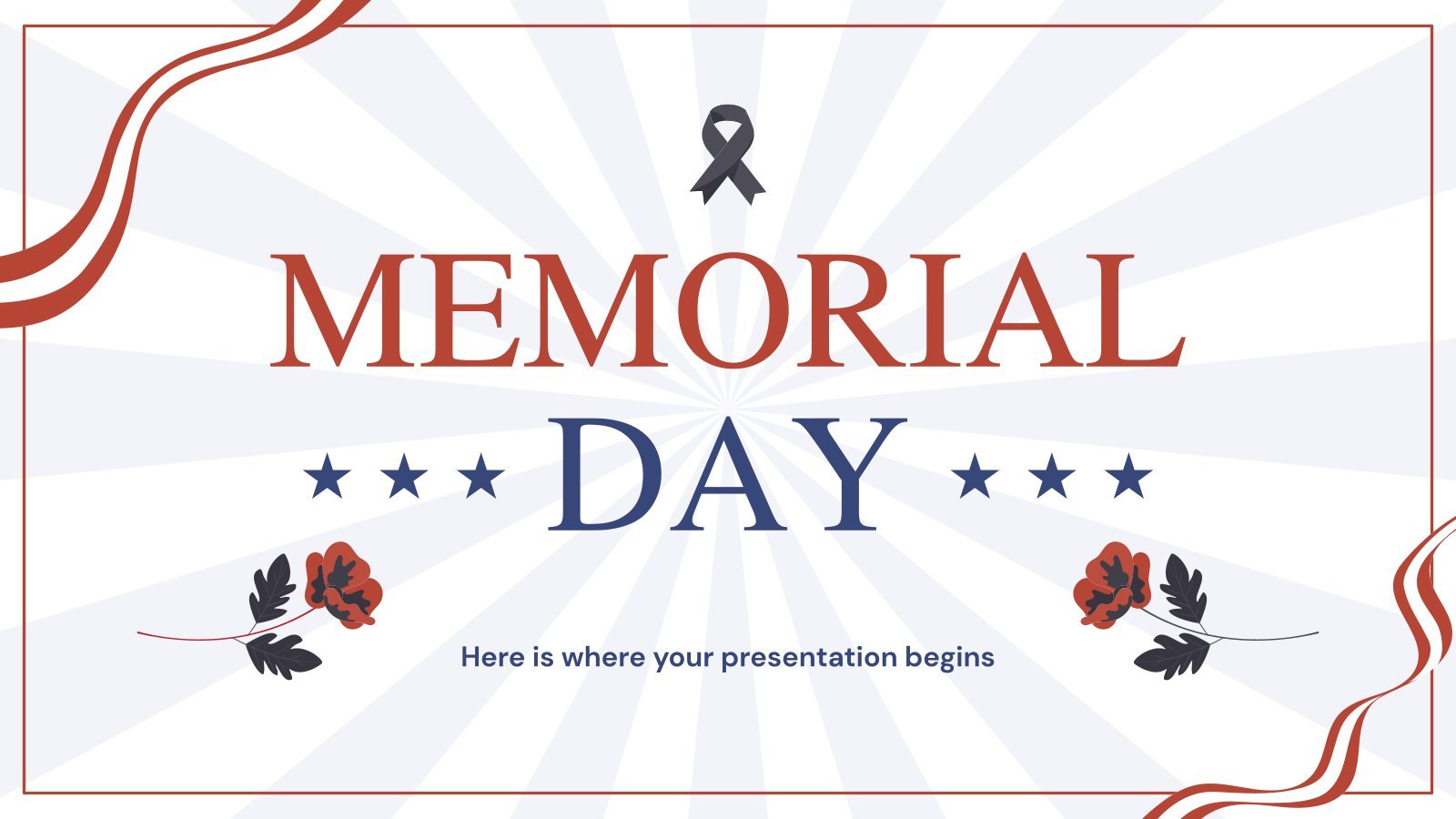
memorial day
12 templates
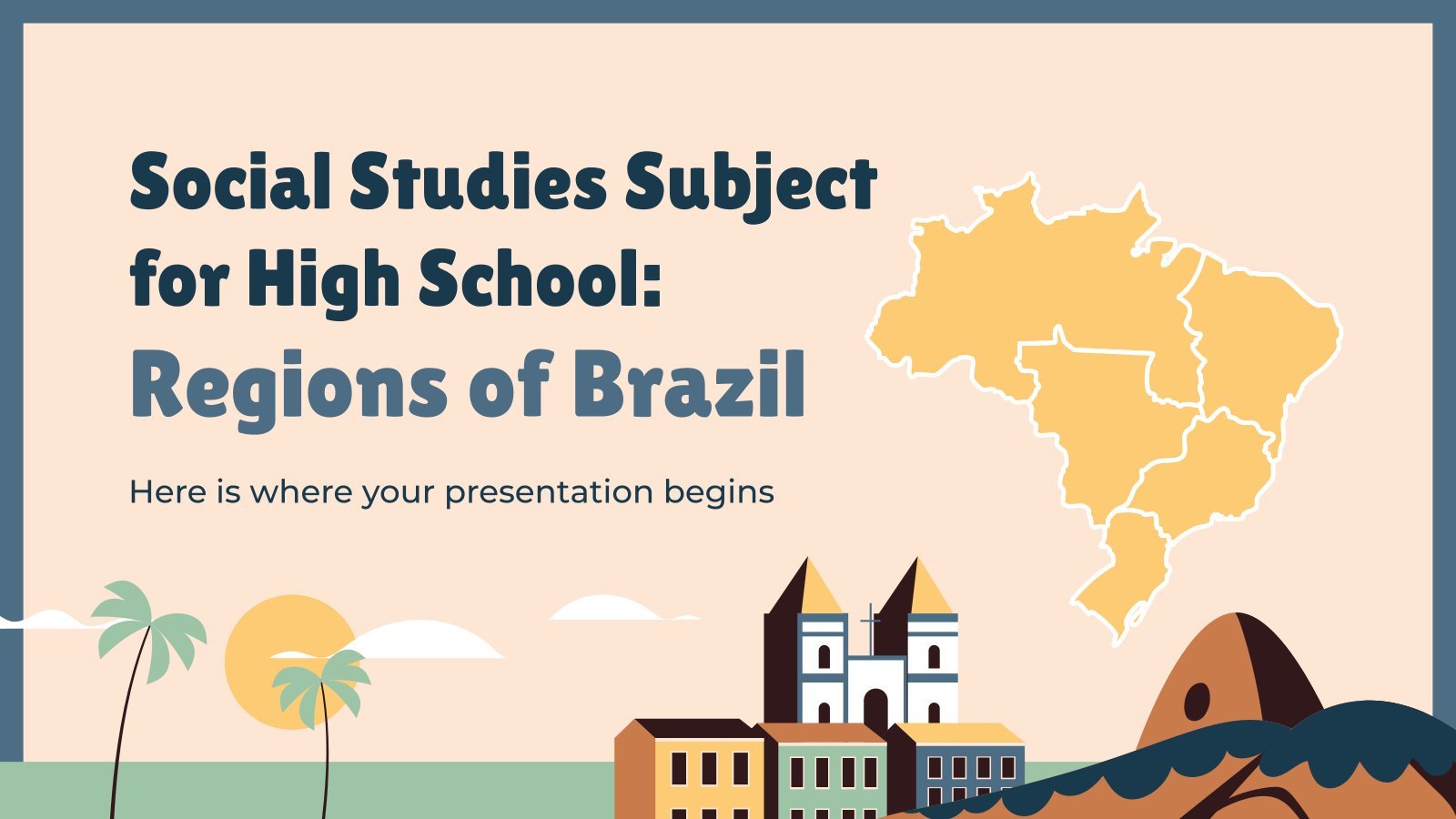
66 templates
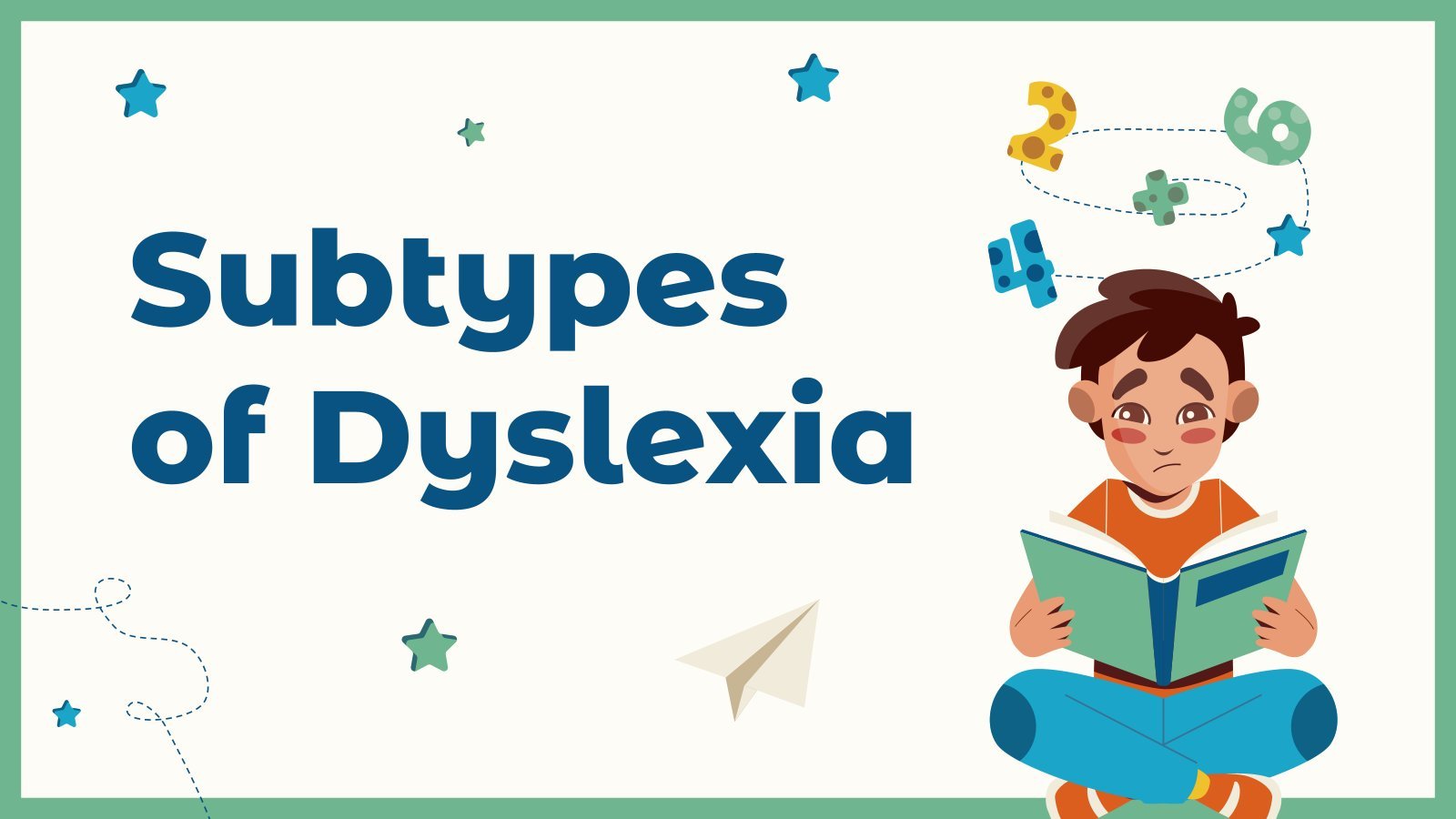
8 templates
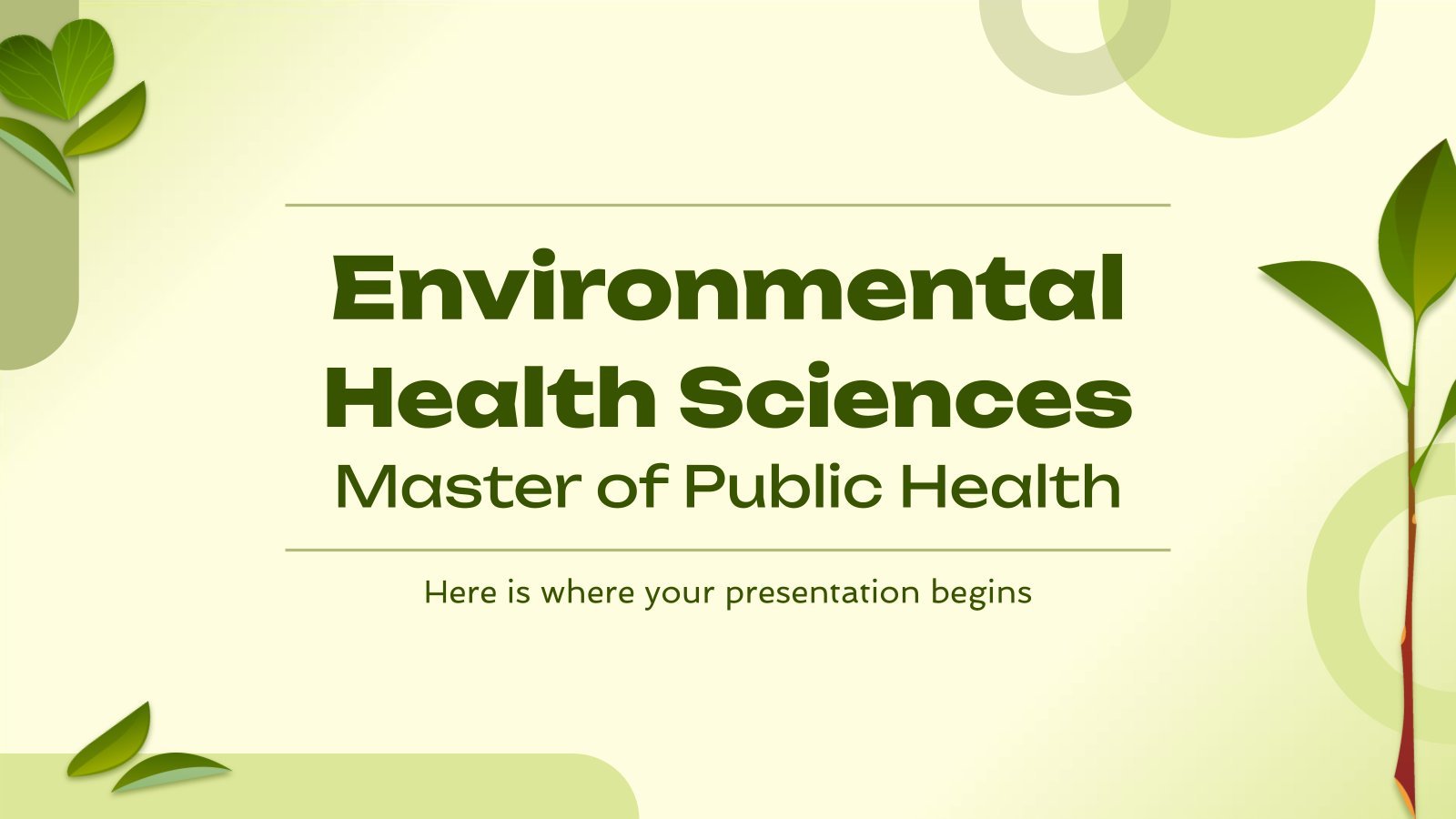
environmental science
36 templates
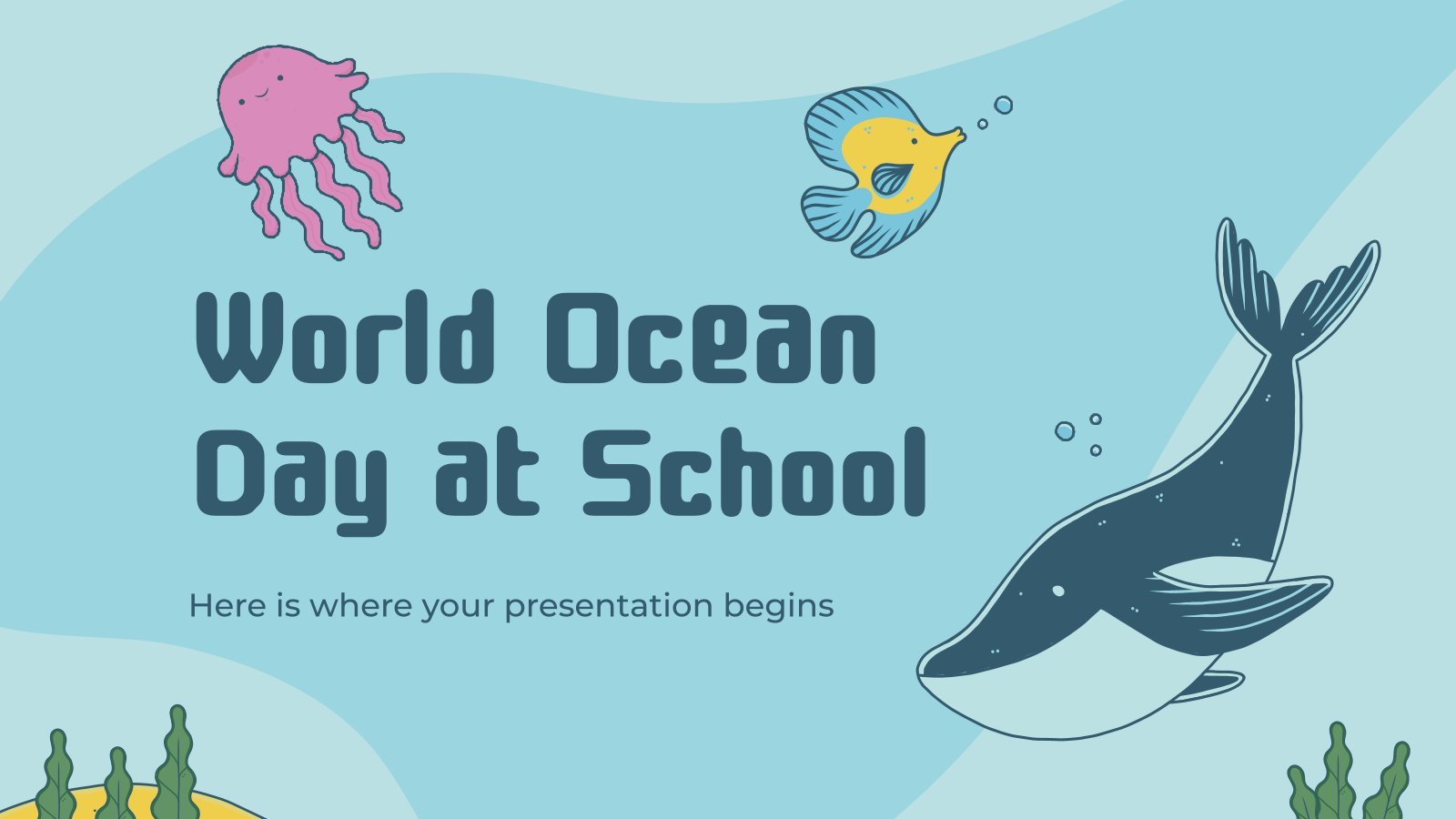
ocean theme
44 templates

49 templates
Thesis Statement on How Nations Use Digital Espionage Infographics
It seems that you like this template, free google slides theme and powerpoint template.
Download the Thesis Statement on How Nations Use Digital Espionage Infographics template for PowerPoint or Google Slides and discover the power of infographics. An infographic resource gives you the ability to showcase your content in a more visual way, which will make it easier for your audience to understand your topic. Slidesgo infographics like this set here are very simple to use. Just download the template, select your favorite infographics and edit them and they're ready to paste into your presentation (or use them independently if you wish). Move towards clarity thanks to these infographics.
Features of this template
- 100% editable and easy to modify
- Different infographics to boost your presentations
- Includes Flaticon’s extension for further customization
- Designed to be used in Google Slides and Microsoft PowerPoint
- Includes information about how to edit and customize your infographics
- Supplemental infographics for the template Thesis Statement on How Nations Use Digital Espionage
How can I use the infographics?
Am I free to use the templates?
How to attribute the infographics?
Combines with:
This template can be combined with this other one to create the perfect presentation:

Attribution required If you are a free user, you must attribute Slidesgo by keeping the slide where the credits appear. How to attribute?
Related posts on our blog.

How to Add, Duplicate, Move, Delete or Hide Slides in Google Slides

How to Change Layouts in PowerPoint

How to Change the Slide Size in Google Slides
Related presentations.

Premium template
Unlock this template and gain unlimited access
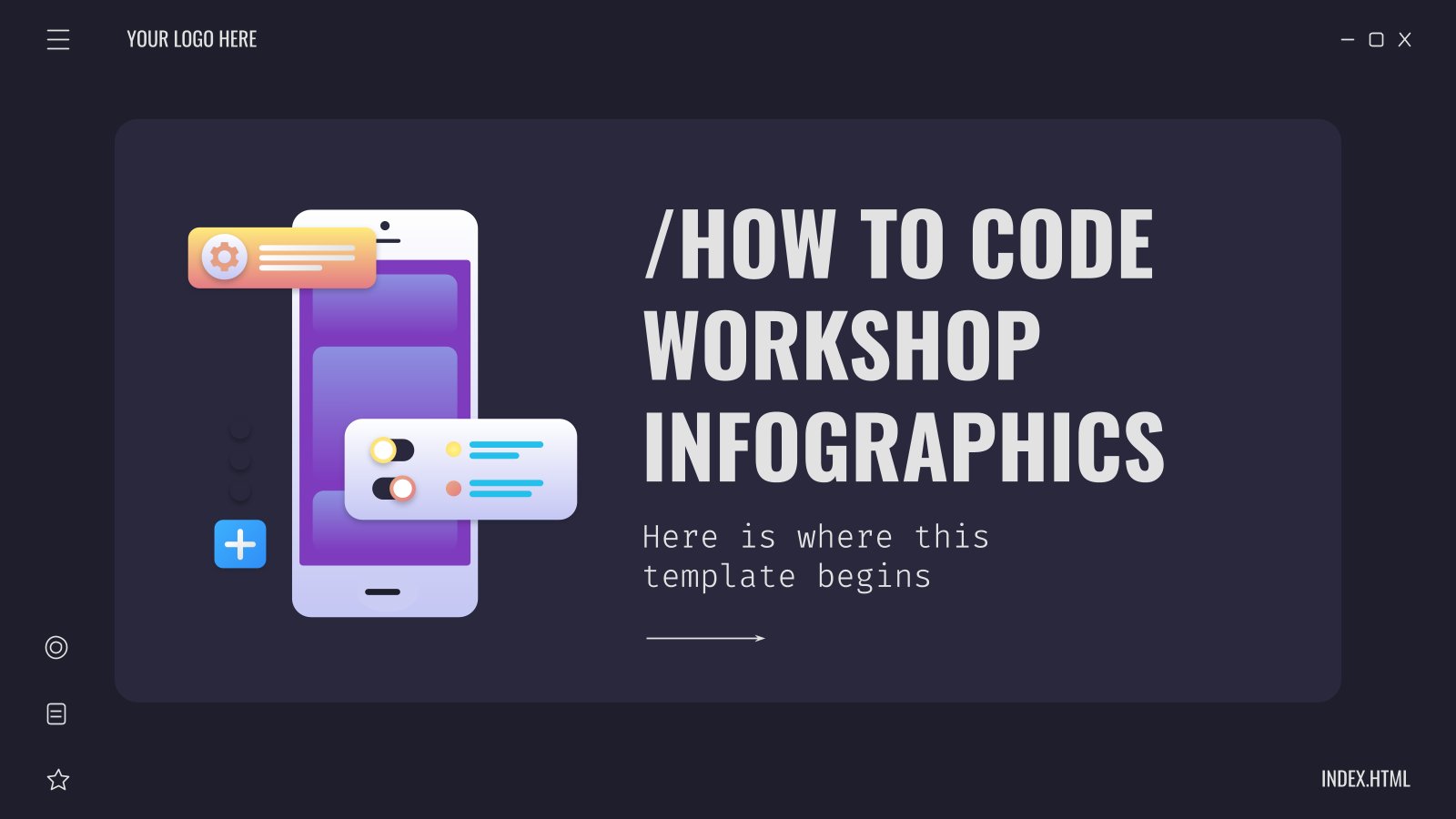

IMAGES
VIDEO
COMMENTS
Learn how to write an argumentative thesis statement by following six steps. Use the online tool to generate your own thesis or get help from your instructor or the Writing Center.
IntensiveVocab is a free tool designed to help you improve your vocabulary, score higher on standardized tests, and thus improve your dissertation's language.; WhichWord is an iOS app designed to help you better understand the difference between frequently confused words.; Just the Word is an online tool to help you better combine words in a sentence. . You enter "just the word" into a ...
Craft a convincing dissertation or thesis research proposal. Write a clear, compelling introduction chapter. Undertake a thorough review of the existing research and write up a literature review. Undertake your own research. Present and interpret your findings. Draw a conclusion and discuss the implications.
Revised on April 16, 2024. A thesis is a type of research paper based on your original research. It is usually submitted as the final step of a master's program or a capstone to a bachelor's degree. Writing a thesis can be a daunting experience. Other than a dissertation, it is one of the longest pieces of writing students typically complete.
A good thesis has two parts. It should tell what you plan to argue, and it should "telegraph" how you plan to argue—that is, what particular support for your claim is going where in your essay. Steps in Constructing a Thesis. First, analyze your primary sources. Look for tension, interest, ambiguity, controversy, and/or complication.
Learn how to write a clear and concise thesis statement for your essay or paper. Follow four simple steps and see examples of different types of thesis statements.
Get expert help from Scribbr's academic editors, who will proofread and edit your essay, paper, or dissertation to perfection. ... Generate accurate citations with Scribbr's free citation generator and save hours of repetitive work. Citation Generator. Our dream team ... Accessible how-to guides full of examples that help you write a ...
Your thesis is the central claim in your essay—your main insight or idea about your source or topic.Your thesis should appear early in an academic essay, followed by a logically constructed argument that supports this central claim. A strong thesis is arguable, which means a thoughtful reader could disagree with it and therefore needs your careful analysis of the evidence to understand how ...
The cleanly-formatted Google Doc can be downloaded as a fully editable MS Word Document (DOCX format), so you can use it as-is or convert it to LaTeX. Download The Dissertation Template. Download Grad Coach's comprehensive dissertation and thesis template for free. Fully editable - includes detailed instructions and examples.
Get a comprehensive, big-picture understanding in less than 4 hours. Fill in the gaps in your knowledge and understand the linkages and connections. Get step-by-step guidance (and loads of resources) to complete your project. Gain the knowledge you need to approach your project with confidence. kickstart your project.
A thesis is an in-depth research study that identifies a particular topic of inquiry and presents a clear argument or perspective about that topic using evidence and logic. Writing a thesis showcases your ability of critical thinking, gathering evidence, and making a compelling argument. Integral to these competencies is thorough research ...
Just choose the one you'd like to use, and ProWritingAid will tailor its suggestions to match. 3. Is using a thesis checker cheating? Not at all. The thesis checker won't ever write the thesis for you. It will only point out possible edits and advise you on changes you need to make.
Dissertation & Thesis Outline | Example & Free Templates. Published on June 7, 2022 by Tegan George.Revised on November 21, 2023. A thesis or dissertation outline is one of the most critical early steps in your writing process.It helps you to lay out and organize your ideas and can provide you with a roadmap for deciding the specifics of your dissertation topic and showcasing its relevance to ...
Learn how to plan and manage your thesis or dissertation project with tools and resources from Purdue OWL. Find out how to set weekly goals, create a production schedule, and make a roadmap for your research.
Learn how to write a thesis statement for academic argument, persuasion, and analysis. Find out what a thesis is, how to create one, and how to evaluate its strength.
Zotero is a free-to-use reference manager that ensures your sources are well-organised and flawlessly cited. It helps you collect, organise, and cite your research sources seamlessly. ... Remember, while these apps can help optimise your dissertation or thesis writing journey, you still need to put in the work.
Advanced research and scholarship. Theses and dissertations, free to find, free to use. October 3, 2022. OATD is dealing with a number of misbehaved crawlers and robots, and is currently taking some steps to minimize their impact on the system. This may require you to click through some security screen.
To help you find a thesis topic, speak to your professor, look through your old course notes, think about what you already enjoy in everyday life, talk about your field of study with friends and family, and research podcasts and videos to find a topic that is interesting for you.
Writing a proposal or prospectus can be a challenge, but we've compiled some examples for you to get your started. Example #1: "Geographic Representations of the Planet Mars, 1867-1907" by Maria Lane. Example #2: "Individuals and the State in Late Bronze Age Greece: Messenian Perspectives on Mycenaean Society" by Dimitri Nakassis.
Top 3 Free Thesis Statement Generators. Creating a strong thesis statement is crucial for any essay or research paper. A well-crafted thesis provides direction and focus, making the writing process more efficient. Fortunately, there are numerous free tools available to help students generate effective thesis statements.
When we say "The College Essay" (capitalization for emphasis - say it out loud with the capitals and you'll know what we mean) we're talking about the 550-650 word essay required by most colleges and universities. Prompts for this essay can be found on the college's website, the Common Application, or the Coalition Application.
Prize-Winning Thesis and Dissertation Examples. Published on September 9, 2022 by Tegan George.Revised on July 18, 2023. It can be difficult to know where to start when writing your thesis or dissertation.One way to come up with some ideas or maybe even combat writer's block is to check out previous work done by other students on a similar thesis or dissertation topic to yours.
1:1 Dissertation & Thesis Coaching. Get your own dedicated coach to provide you with plain-language, actionable advice, direction and feedback, every step of the way. Enjoy hands-on dissertation help from start to finish - from developing a strong research topic and research proposal to crafting a comprehensive literature review and producing ...
Download the Thesis Statement on How Nations Use Digital Espionage Infographics template for PowerPoint or Google Slides and discover the power of infographics. An infographic resource gives you the ability to showcase your content in a more visual way, which will make it easier for your audience to understand your topic. Slidesgo infographics ...
A dissertation is a long-form piece of academic writing based on original research conducted by you. It is usually submitted as the final step in order to finish a PhD program. Your dissertation is probably the longest piece of writing you've ever completed. It requires solid research, writing, and analysis skills, and it can be intimidating ...